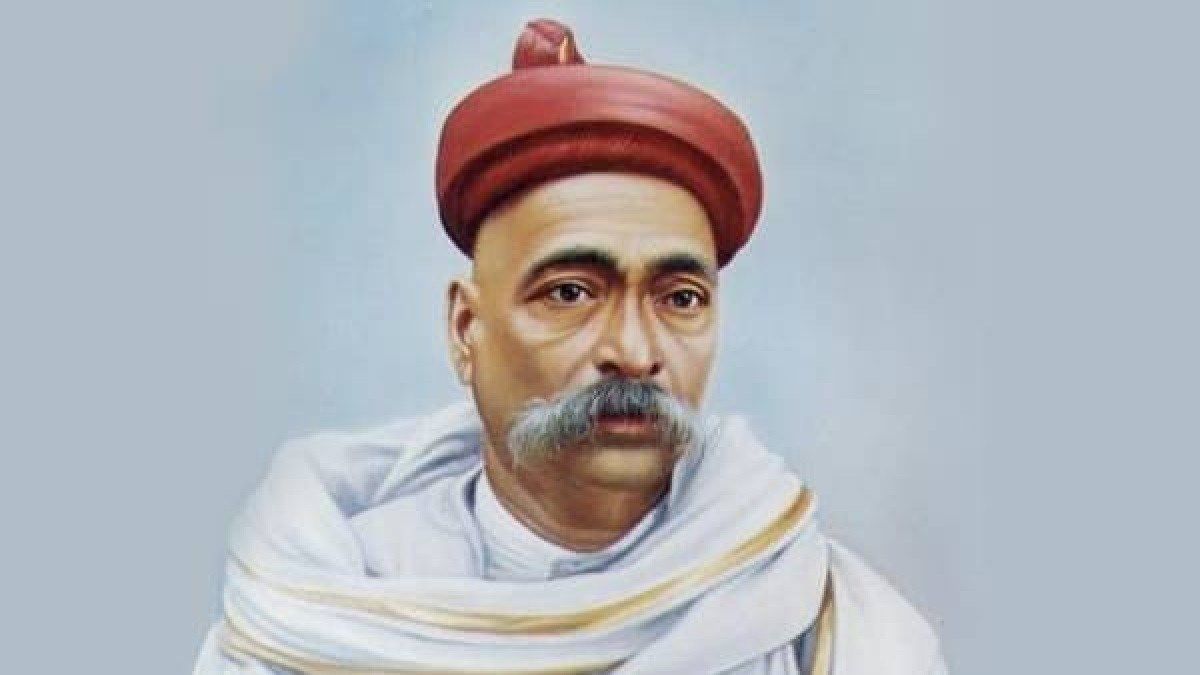
Bal Gangadhar Tilak: The Lion of India’s Independence Movement
Bal Gangadhar Tilak, revered as Lokmanya Tilak, was a towering figure in India’s struggle for independence, whose revolutionary ideas and unwavering commitment to the cause inspired millions across the nation. Born on July 23, 1856, in Ratnagiri, Maharashtra, Tilak’s life was a testament to his indomitable spirit, intellectual prowess, and fervent nationalism.
Tilak’s early years were marked by a deep sense of patriotism and a thirst for knowledge. He received a traditional education in Sanskrit and Hindu scriptures, but his curiosity and intellect led him to explore diverse fields of study, including mathematics, astronomy, and history. His exposure to Western philosophy and science broadened his horizons and shaped his worldview.
The turning point in Tilak’s life came with his entry into the political arena. Inspired by the ideals of liberty, equality, and fraternity espoused by the French Revolution, Tilak emerged as a vocal critic of British colonial rule and an advocate for Indian self-rule. His famous slogan, “Swarajya is my birthright, and I shall have it,” became the rallying cry of India’s nationalist movement.
Tilak’s contributions to the Indian freedom struggle were multifaceted. As a journalist and editor of newspapers like Kesari and Maratha, he used the power of the press to mobilize public opinion against British imperialism and expose the injustices perpetrated by the colonial regime. His incisive writings and fiery editorials galvanized the masses and inspired them to join the struggle for independence.
Tilak’s role in the Indian National Congress (INC) was instrumental in shaping the direction of the nationalist movement. He advocated for a more assertive approach towards British rule, emphasizing the need for mass agitation, boycotts, and passive resistance as means to achieve political objectives. His radical ideas often brought him into conflict with moderate leaders within the Congress, but he remained steadfast in his commitment to the cause of freedom.
The period of Tilak’s imprisonment, particularly during the infamous sedition trial of 1908, further cemented his status as a symbol of resistance against colonial oppression. Despite facing harsh treatment and solitary confinement, Tilak remained defiant, refusing to compromise on his principles or plead for leniency. His stoic demeanor and unwavering resolve inspired admiration and respect from his followers and adversaries alike.
Tilak’s vision of India’s future was grounded in his deep understanding of its cultural and historical heritage. He believed in the revival of ancient Indian traditions and values as a means to foster national pride and unity. His advocacy for celebrating festivals like Ganesh Chaturthi and Shivaji Jayanti as expressions of Hindu-Muslim unity and cultural identity reflected his inclusive approach to nation-building.
In addition to his political activism, Tilak was also a staunch advocate for social reform and educational upliftment. He played a key role in promoting education among the masses, particularly through the establishment of the Deccan Education Society and the New English School in Pune. His emphasis on the importance of education as a tool for social empowerment continues to resonate in contemporary India.
Tilak’s legacy as the “Father of Indian Unrest” and the “Lion of Maharashtra” endures as a beacon of hope and inspiration for future generations. His fearless defiance of colonial authority, his unwavering commitment to the cause of freedom, and his vision of a united and prosperous India continue to inspire millions across the nation. As we commemorate his memory, let us reaffirm our commitment to the ideals for which he lived and fought—the ideals of liberty, equality, and justice for all.













